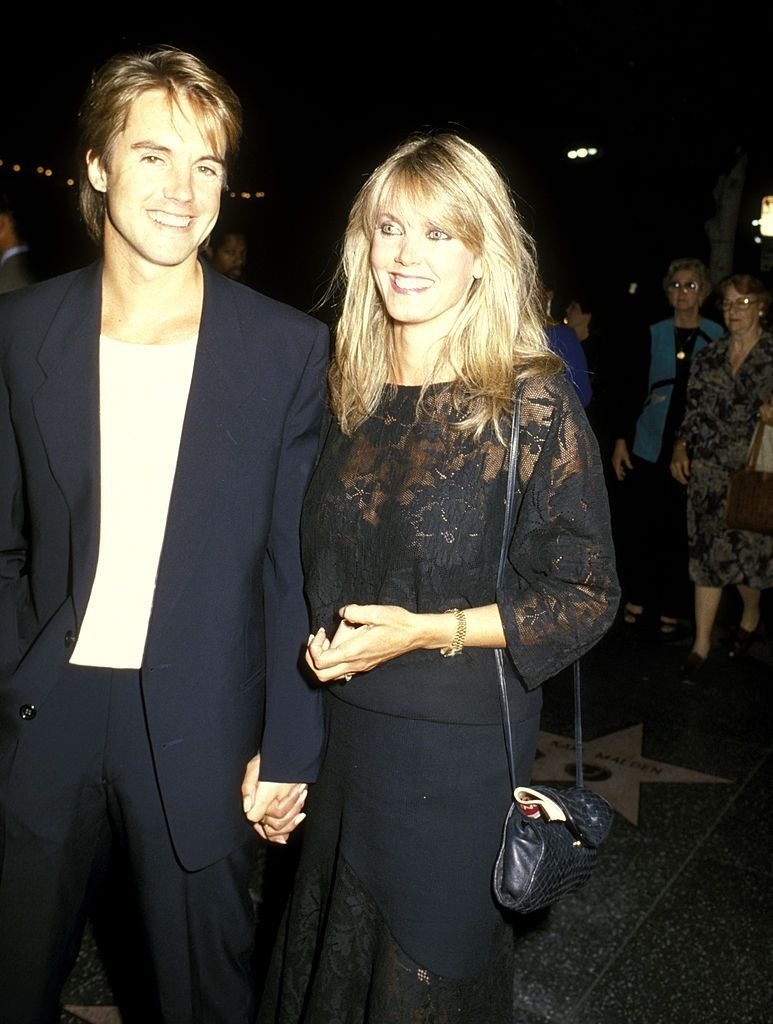
That Cruel Twist of Fate: When Love’s Door Slams Shut
Oh, to be young again in the late 1970s, when the airwaves were still buzzing with the infectious energy of a new teen idol! The song that brings us back to those heady days is Shaun Cassidy’s rendition of “It’s Too Late”, a track that perfectly encapsulated that painful, yet ultimately empowering, moment of moving on. Released in 1977 on his self-titled debut album, Shaun Cassidy, this song was a key part of the sonic tapestry that made him a global sensation, following the formula of his chart-topping cover of “Da Doo Ron Ron.”
While “It’s Too Late” was featured on the hugely successful debut album, which soared to a peak position of No. 3 on the US Billboard 200 chart, the song itself was not released as a commercial single in the US, allowing his other hits like “Da Doo Ron Ron” and “That’s Rock ‘n’ Roll” to dominate the charts. However, it was a pivotal track on the album, an essential piece of the puzzle that cemented his teen idol status. It’s a song written by the legendary Bobby Goldsboro, who had his own notable hits like “Honey.” While Goldsboro’s own version of the track is less famous, Shaun Cassidy took this relatively simple, but emotionally potent, composition and infused it with the bright, pop-rock sheen that defined his sound.
The meaning of “It’s Too Late” is a universal one, particularly resonant for those who have weathered the storms of young romance. It’s a powerful declaration of emotional independence after a breakup. The lyrics tell the story of a narrator whose former love, having left him for someone else, returns seeking forgiveness and reconciliation after realizing her new relationship has failed. But the narrator, in a moment of maturity and self-respect, delivers the cutting truth: “Well, things have changed / And I found somebody new / Someone to make me forget about you / And I’m telling you / That it’s too late to say you’re sorry.”
For those of us who grew up with Shaun Cassidy as the poster boy on our bedroom walls, this song was a lesson in fortitude. It was the soundtrack to that first moment of realizing you weren’t the “same guy” (or girl) who had been left behind—that you had healed, moved on, and found happiness elsewhere. It’s the ultimate affirmation that a broken heart can mend, and that sometimes, by the time a prodigal lover returns, the door to the past has been irrevocably closed. It’s a song that turns regret into triumph, wrapping a core of steely resolve in the melody of classic 70s power-pop. It’s the sound of liberation. Listening to it now, the decades melt away, and you’re right back to that teenage bedroom, feeling that delicious, bittersweet sting of moving on.